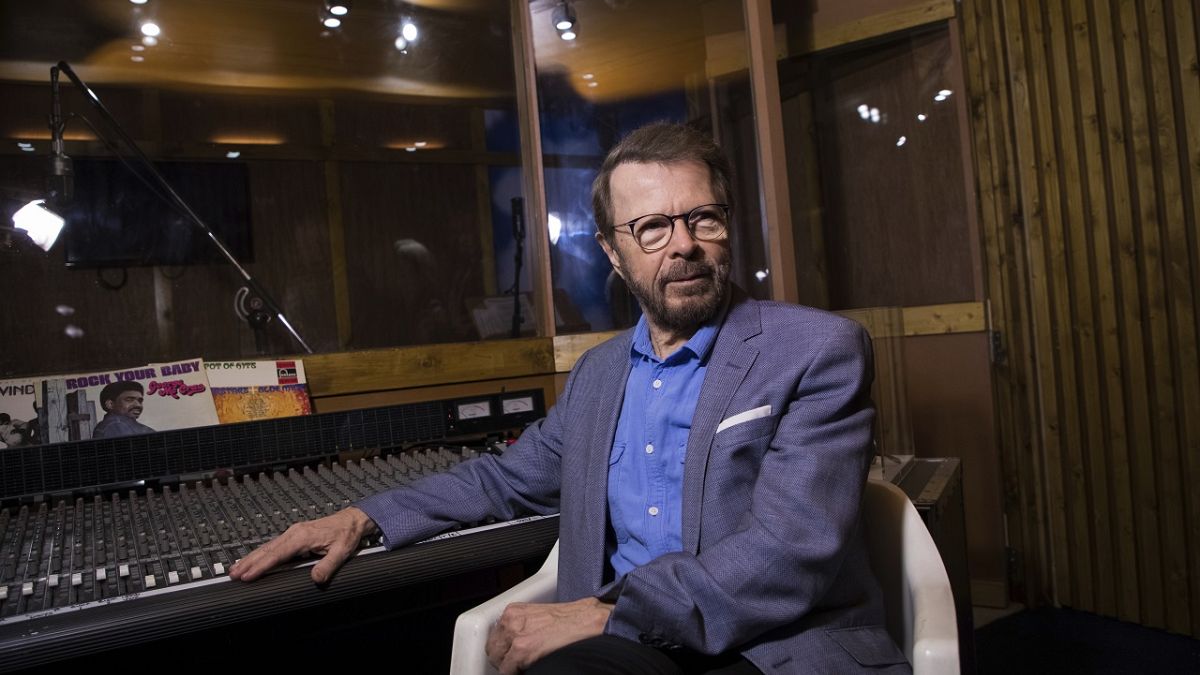Published on
ABBA front man Björn Ulvaeus warned MEPs in Brussels on Tuesday that he is concerned about “proposals driven by Big Tech” that weaken creative rights under the EU’s AI Act.
“I am pro-tech, but I am concerned about current proposals that are being driven by the tech sector to weaken creative rights,” Ulvaeus told a hearing in the European Parliament’s Committee on Culture and Education on Tuesday.
The comments from the singer songwriter – who is the President of the International Confederation of Societies of Authors and Composers (CISAC) – add to concerns voiced by the creative industry, including publishers and rights holders in recent months, on the drafting process of a voluntary Code of Practice on General Purpose AI (GPAI) for large language models like ChatGPT under the AI Act.
The European Commission appointed thirteen experts to consider the issue last September, using plenary sessions and workshops to allow some 1,000 participants to share feedback.
The draft texts since published aimed at helping providers of AI models comply with the EU’s AI rulebook, but were criticised by publishers for the interplay with copyright rules, while US tech giants complained about the “restrictive” and burdensome effects.
“The argument that AI can only be achieved if copyright is weakened is false and dangerous. AI should not be built on theft, it would be an historic abandonment of principles,” Ulvaeus said.
“The EU has been a champion of creative rights. But now we see that the Code ignores calls from the creative sector for transparency. What we want is for the EU to lead on AI regulation, not to backslide,” he said, adding that the implementation of the act should “stay true to the original objective”.
The latest draft, which was due early May, was delayed because the Commission received a large number of requests to leave the consultations open longer than originally planned. The aim is to publish the latest draft before the summer. On 2 August, the rules on GP AI tools enter into force.
US Big Tech
The administration led by Republican President Donald Trump has said the EU’s digital rules, including the Code, stifle innovation. The US government’s Mission to the EU sent a letter to the EU executive pushing back against the Code in April.
Similar concerns were voiced by US Big Tech companies: Meta’s global policy chief, Joel Kaplan, said in February that it will not sign the code because it had issues with the text as it then stood.
A senior official working at the Commission’s AI Office told Euronews earlier this month however, that US companies “are very proactive” and that there is not the sense that “they are pulling back because of a change in the administration.”
The AI Act itself – which regulates AI tools according to the risk they pose to society – entered into force in August last year. Its provisions apply gradually, before the Act will be fully applicable in 2027.
The EU executive can decide to formalise the Code under the AI Act, through an implementing act.
Sir Elton John recently described the UK government as “absolute losers” and said he felt “incredibly betrayed” over plans in the UK to exempt technology firms developing AI from copyright laws.

